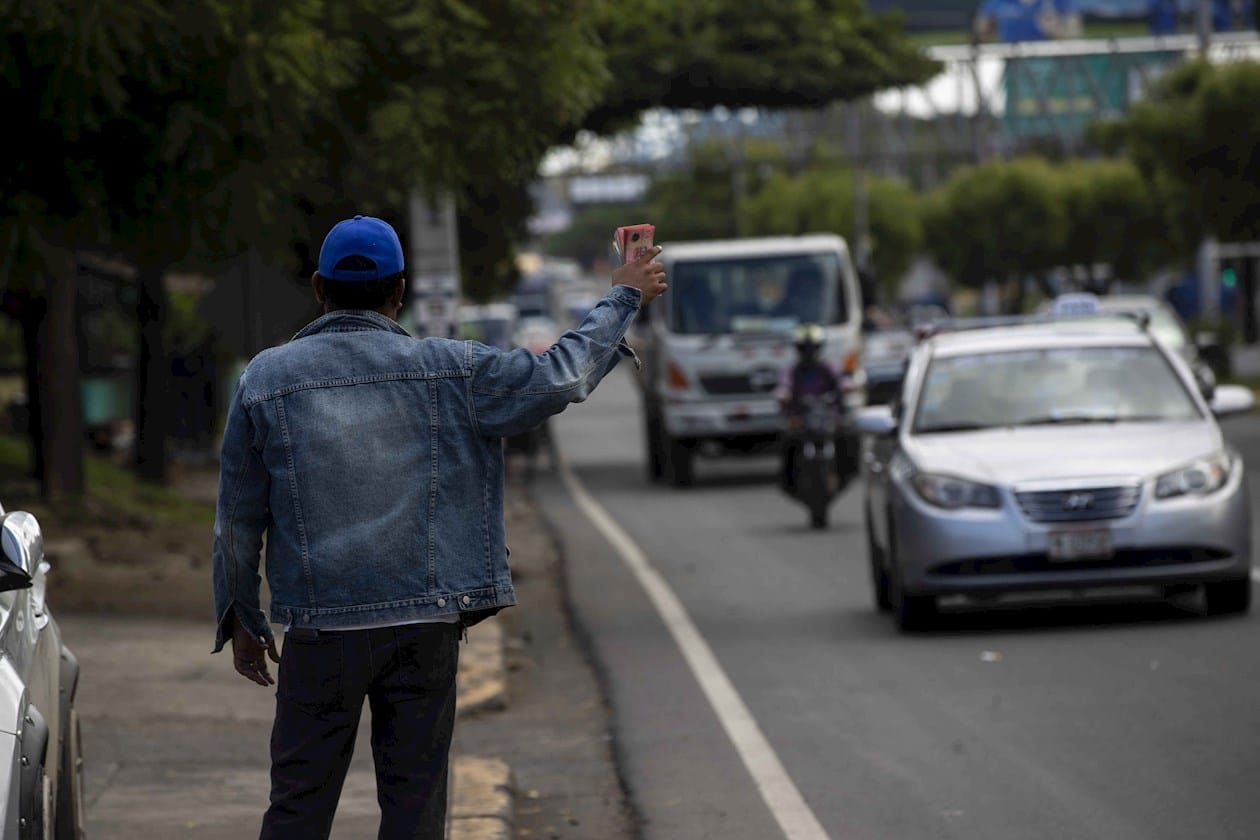The Intelligence Unit of the prestigious British magazine The Economist (EIU, for its acronym in English) states in its June report that Nicaragua’s economic growth is “notably slowing down” this year and estimates that President Daniel Ortega and Vice President Rosario Murillo, will exercise “their absolute control over state institutions and security forces” which will “allow them to continue strengthening their dynastic authoritarian regime.”
“There will be a risk of state interventionism ad hoc, mainly in terms of the application of taxes and regulations, aimed at undermining opponents of the regime,” the report states.
It explains that the 2021 recovery, calculated at 10.3% GDP growth, was “largely driven by extremely favorable external conditions, which helped the economy quickly recover to pre-pandemic levels.” However, the EIU warns that “growth is expected to slow markedly in 2022-2026, due to” a moderation in external demand, a poor investment climate, and weak credit growth.
The publication estimates GDP growth of 2.1% for 2022; of 2.4% in 2023, and 2.1% in 2024. For the following three years they estimate a growth of 2.1%, 2.0% and 2.1%, respectively.
“Recurring political conflicts and weak confidence in the rule of law will subdue growth prospects, despite lucrative opportunities in mining, energy and manufacturing. Therefore, Nicaragua will continue to be one of the poorest countries in Central America,” says the report.
Although the publication anticipates that the United States and its allies “will maintain pressure on the Nicaraguan regime to undertake pro-democracy reforms” and it is believed that they will “refrain from imposing destabilizing sanctions throughout the economy”, it admits that “there are risks to this assumption.”
Efforts to undermine democracy and the role of China
The report insists that public opposition to Ortega-Murillo has been “substantial”, as the 2018 protests demonstrated and therefore “since then the regime has done nothing but increase its efforts to forcibly quell anti-government sentiment.”
The EIU mentions that although “systematic repression has allowed the Sandinista regime to exercise uninterrupted control over the electoral process, victory has come at the cost of strong international condemnation and a new series of diplomatic and financial sanctions by the United States.” .
“To avoid growing pressure from the international community, the Ortega regime severed official ties with Taiwan in December 2021 and changed the
diplomatic recognition to China, ensuring an alternative source of financial assistance as insulation from US pressure,” the text says.
Remember that, in January of this year, Nicaragua signed a Memorandum of Understanding to be part of China’s Belt and Road Initiative. “This promises significant investment flows, the prospect of which will also be used to pressure the local business community to step up its domestic investment, and its political support for the Nicaraguan government,” the report says.
According to the EIU, “the extent to which the regime can harness Chinese support for political gain will depend on the volume of financial assistance China is willing to provide, how domestic businesspeople respond, and how the United States reacts to the change in international alignment. from Nicaragua”.
In the case of the relationship with the United States, he predicts that “in the end it will not seek the exclusion of Nicaragua” from the free trade agreement between Central America, the Dominican Republic and the United States (DR-Cafta, for its acronym in English), because “not only It would not be complicated from a legal perspective, but it would also impose severe economic hardship on ordinary Nicaraguans and could have significant negative side effects for the Central American region in general.”
Priority will be “fiscal consolidation”
According to the EIU, “the Ortega government’s short-term priority will be fiscal consolidation, particularly as it faces a relatively heavy amortization burden in the forecast period.”
“While Chinese funding (both on and off budget) will provide some breathing room, it will not obviate the need for belt-tightening measures entirely,” the report forecasts.
It warns that the “main risk” to its forecasts “focuses on the generosity of Chinese financial assistance” because “if this disappoints, fiscal policy will be more contractionary than what we currently project”.
Difficulty for elections
Even if the political and economic pressures on the government of Ortega and Murillo “increase considerably”, the EIU insists that it “would not expect Nicaragua’s leaders to be dissuaded from their current course or easily dislodged from power”.
“Although the Government may hint at the possibility of selectively restoring the legal rights of certain candidates or opposition parties in the run-up to these elections, possibly as a concession to the business community”, they remain “very skeptical about the prospects of a truly competitive vote as long as Ortega remains in power,” the report warns.

















